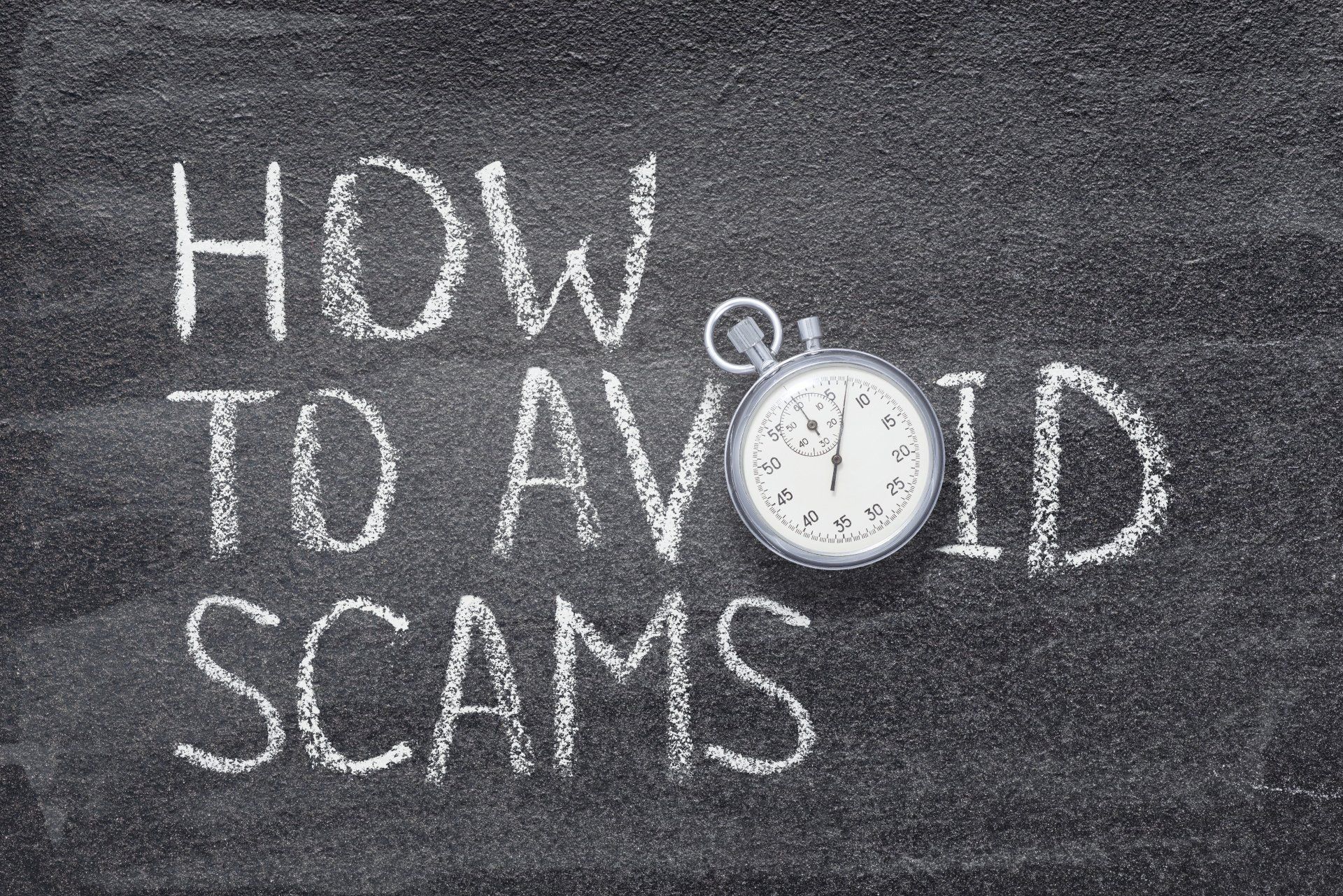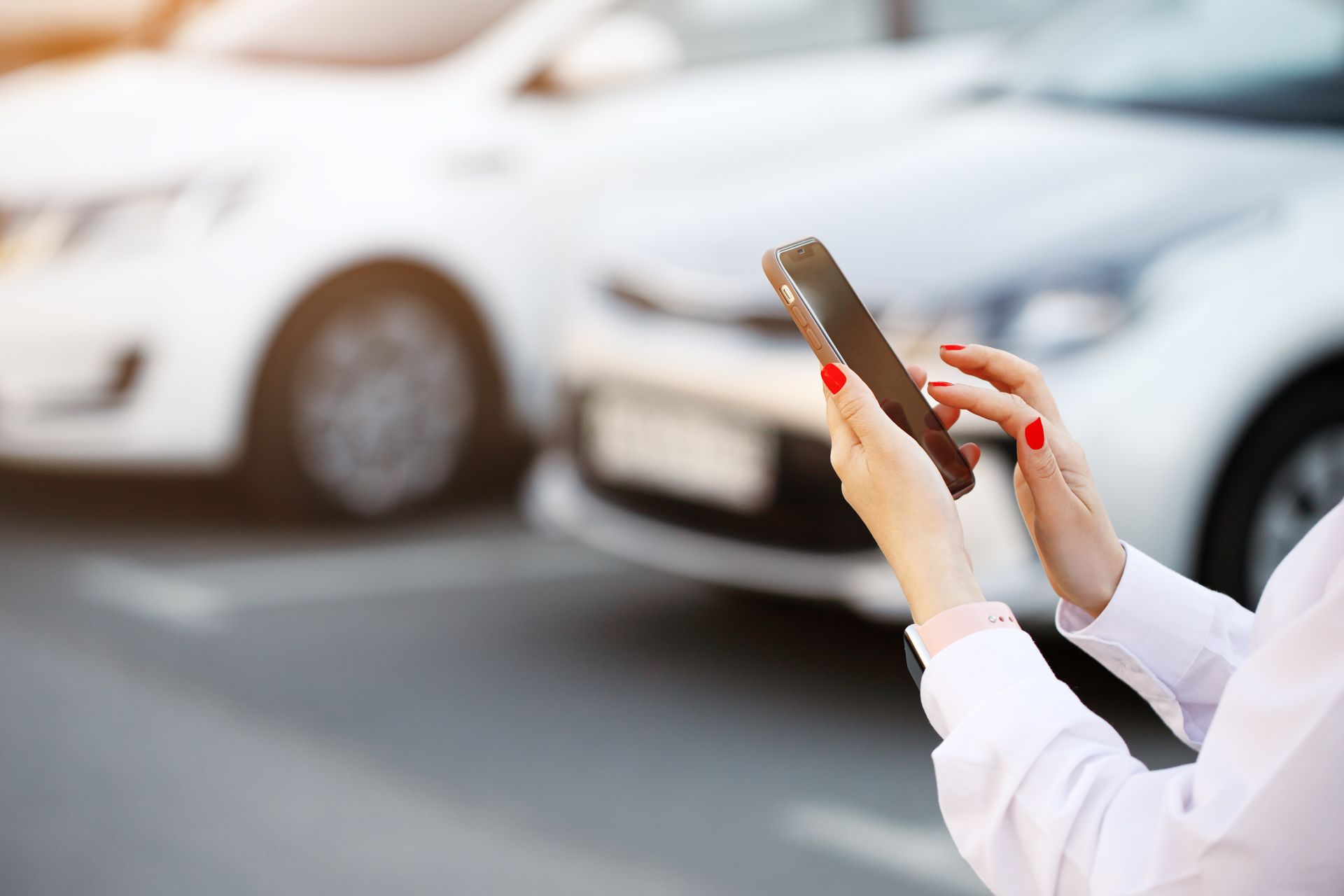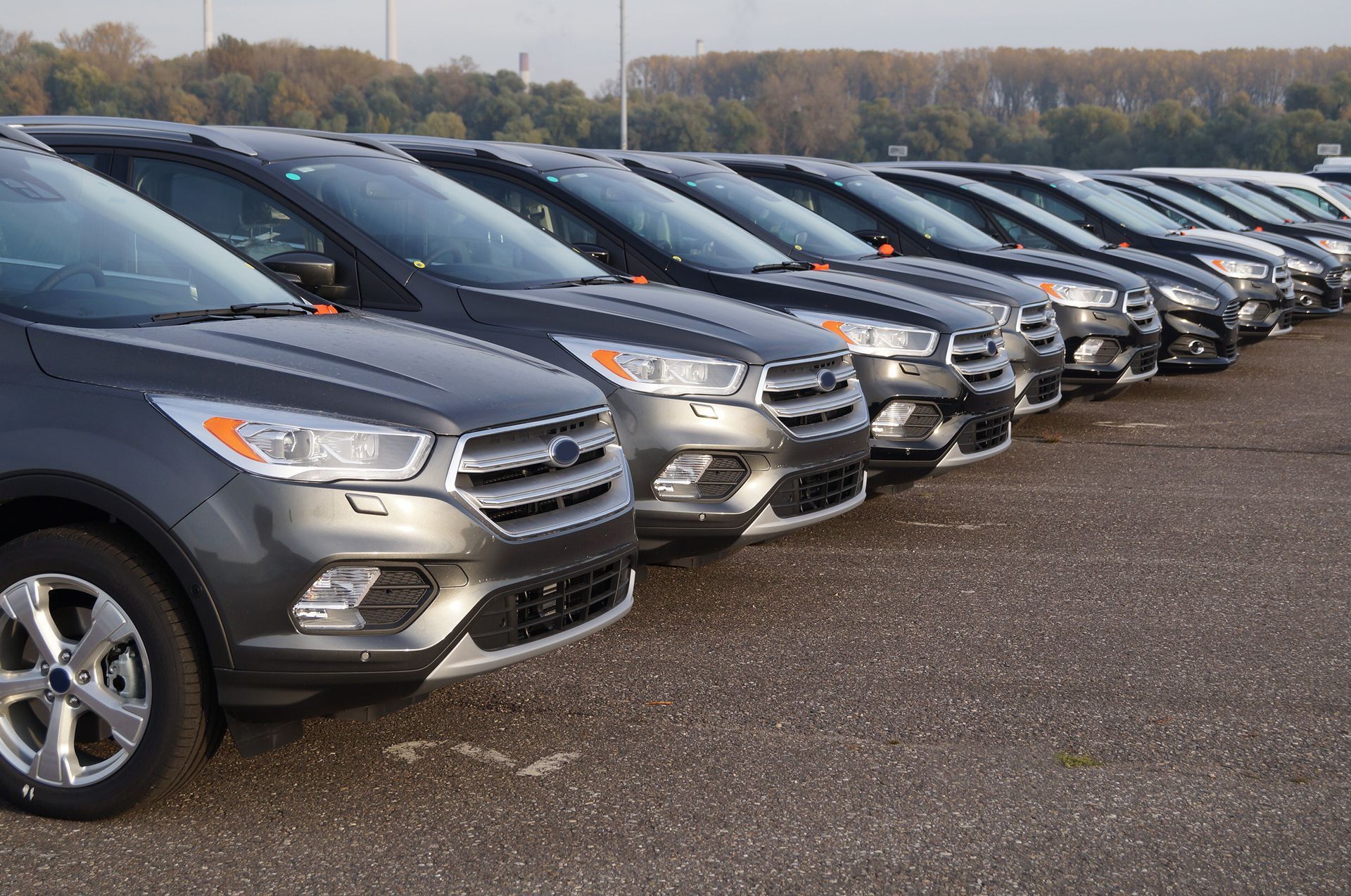How to Avoid Scams When Buying a Preowned Vehicle in Baltimore or Washington DC

Scammers are attracted to transactions involving significant amounts of money, especially if those transactions are informal deals between two individuals. That’s one of the reasons people wanting to privately sell or buy a preowned vehicle in Baltimore or Washington DC need to be cautious.
Dealerships might give you a bad deal or sell you a lemon, but there are consequences for car lots that take advantage of their customers. Most auto dealerships know that irate car buyers or car sellers can leave scathing reviews online. Modern car shoppers are checking online reviews before they visit or contact a dealership, so auto groups usually won’t intentionally try to scam car buyers or sellers.
Private buyers and sellers are a completely different matter. Private vehicle sales are one of the few remaining unregulated high-dollar transactions. When you buy or sell a house you generally have to deal with a lender, title agencies, home inspectors, realtors and other professionals. It’s hard to scam several professionals who are all on the lookout for nefarious individuals.
When you’re selling your car privately, it’s just you and the other person. No one is watching your back. The other person doesn’t have an incentive to do what’s in your best interest, or a disincentive to not take advantage of you.
That doesn’t mean every person privately selling or buying a car is a scam artist looking for their next mark. But it does mean you should take precautions.
Must Sell Now!
Be wary of online ads for cars listed as “must sell now.” You can recognize these scams by the urgency in the listing’s description, the steep discount at which the vehicle is being offered and the requirement for a partial down payment upfront to reserve the deal. Oftentimes the seller will have a convenient sob story to justify their need for a rapid sale, like a recent divorce or needing money for funeral expenses for recently deceased family member.
It’s best to avoid any listings requiring a “down payment” to reserve your chance to buy a vehicle, regardless of the seemingly great discount.
Gift Cards and Wire Transfers
As a rule of thumb never use gift cards or wire transfers to pay for any online marketplace purchases. Criminals like prepaid gift cards because they’re harder to trace and you’ll have little to no recourse if they take your money and leave you with a broken car, a car with liens or no car at all.
Affiliate and Certified Partnerships
Scammers sometimes advertise themselves as affiliate sales partners of whatever platform they’re listing on, like Craigslist, eBay or Facebook.
They might even give you toll free numbers or addresses to fake affiliate websites to make their story seem more plausible. The idea is your more likely to trust a seller who has presumably been vetted by one of these platforms.
Protection Plan
The protection plan scam is extra nefarious because many car selling marketplaces offer auto protection plans as add-ons for vehicle’s purchased through the platform. Scammers may claim to offer special protection plan discounts thanks to their alleged “certified partner” status.
Fake Escrow
There have been many variations on this concept throughout history. Televangelists sending dollar bills to trick impressionable people into sending their life savings as seed money is an ongoing example of this type of scam.
Essentially, the scammer puts up some of their own money to build your faith in their legitimacy. In this case they establish a fake escrow account to provide proof of their good faith dealings and convince suspicious buyers to send a wire transfer.
Title Washing
Once a car gets totaled due to an accident, flooding or some other unfortunate event it is given a “salvage title.” The point of the salvage title is to ensure no future car buyer unknowingly purchases a catastrophically compromised vehicle.
Title washing involves getting a new title, usually by reregistering the vehicle in a state where the salvage title isn’t recognized, resulting in the issuance of a new clean title. For example, transferring the car registration of a flooded vehicle to a state where flooding doesn’t result in an automatic salvage title. The scammer then gets to advertise the vehicle as having a normal title.
States have mostly caught on to title washing and try to prevent scammers from cleaning titles, but it can still happen. What scammers can’t clean is the VIN number, which is why you should always look up a vehicle’s VIN and its title history before buying.
Safely Sell Your Car Fast and for a Fair Price
Don’t want to risk running into a scammer? Call DirectCarBuying.com at 877-927-6093.
DirectCarBuying.com is powered by Easterns Automotive Group, a reputable dealership network that has been serving Virginia and Maryland used car sellers and buyers since 1988. We’ve earned a reputation in the Baltimore and Washington DC communities for helping everyone, even those with bad credit, get great deals on high-quality used vehicles.
If you’re looking for an easy way to sell your vehicle for a competitive price, DirectCarBuying.com is the site for you. Just fill out our “Buy My Car” form to get a fast cash offer from a dealer you trust.



